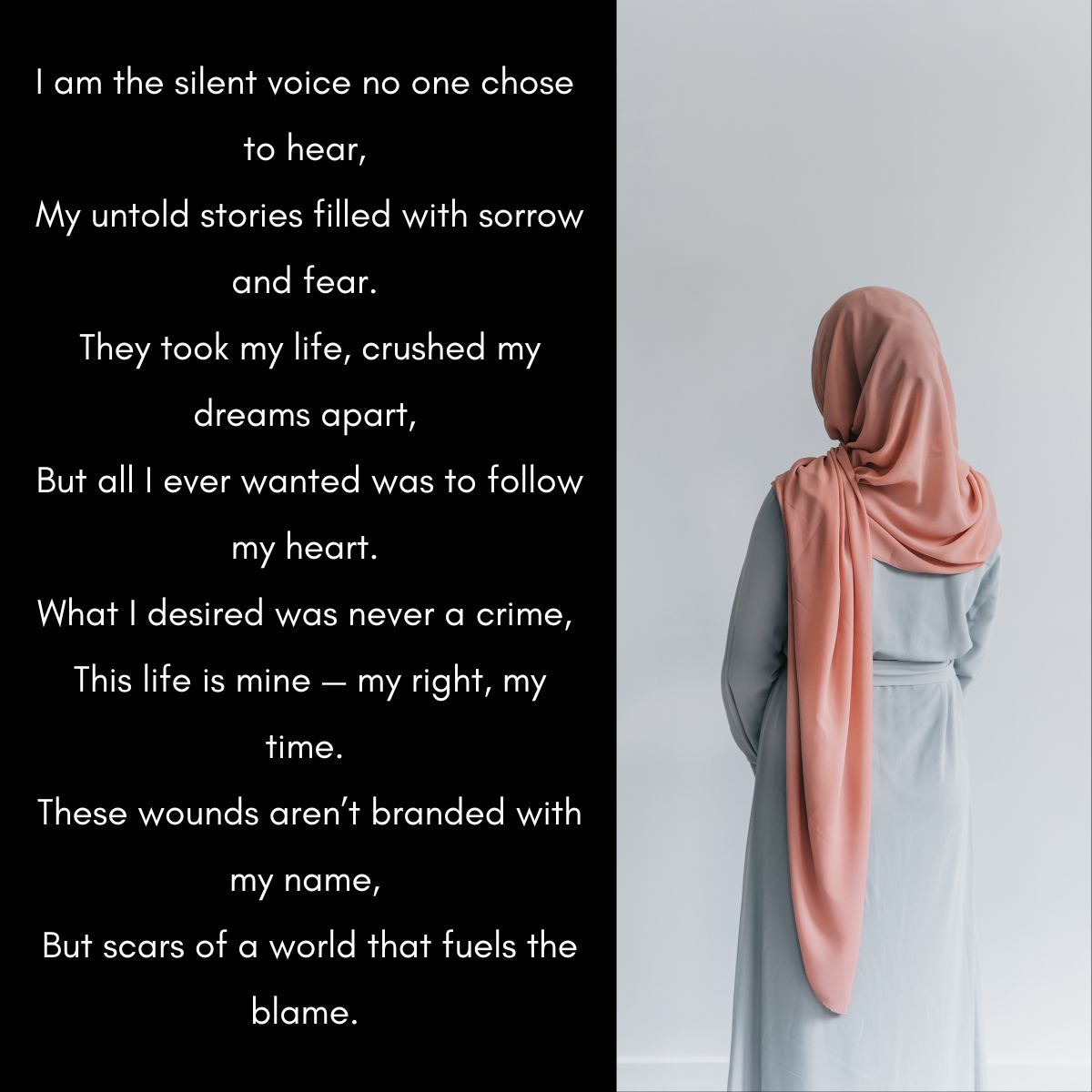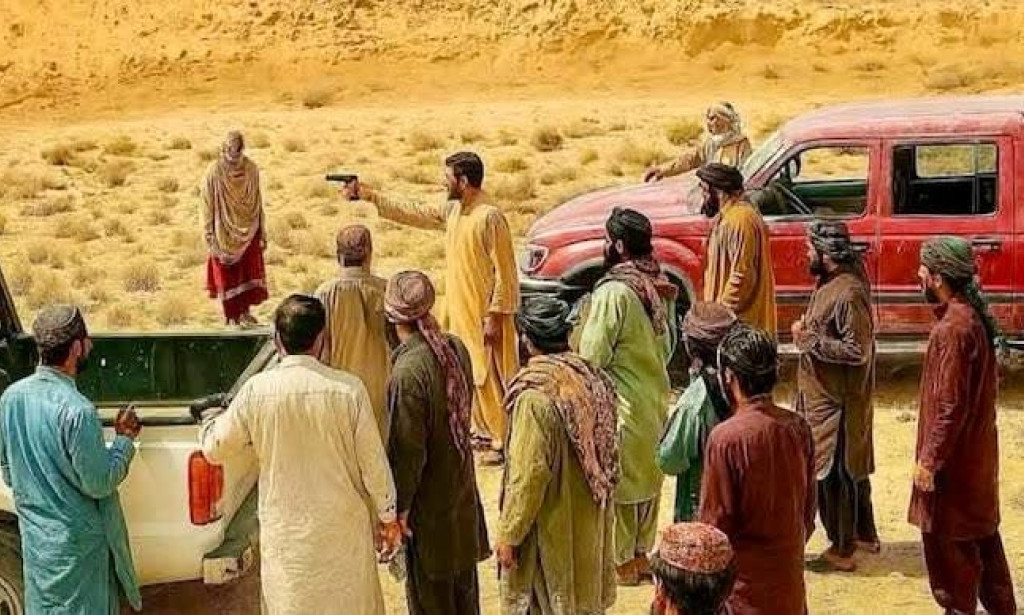-
Introduction to Honour Killings in Pakistan
-
Historical and Cultural Roots of ‘Izzat’
-
Legal Framework and Loopholes
-
Impact on Women and Families
-
The Role of Media and Civil Society
-
Ongoing Reforms and Challenges Ahead
-
Pathways Toward Change and Education
1. Introduction to Honour Killings in Pakistan
Honour killings remain one of the most disturbing and persistent issues in Pakistan, where the concept of “izzat” or honour is often prioritized over human life. Women, in particular, bear the brunt of these crimes, accused of tarnishing family dignity through choices related to marriage, relationships, or personal freedom. Although men are also occasionally victims, statistics overwhelmingly highlight women as the primary targets. The tragic reality is that honour killings are not confined to remote areas but occur across rural and urban communities, cutting across class, ethnicity, and social divisions. Despite growing awareness, legislative efforts, and international condemnation, these acts of violence continue, reflecting deep-rooted cultural norms and systemic weaknesses in the justice system. Understanding the complex interplay of tradition, law, and society is crucial to addressing this grave issue.

2. Historical and Cultural Roots of ‘Izzat’
The idea of honour is deeply embedded in South Asian society, where family reputation often dictates social standing and acceptance. In Pakistan, patriarchal traditions associate female behavior with family pride, leading to strict control over women’s mobility, education, and personal choices. Marriage, in particular, is often treated as a matter of family negotiation rather than individual freedom, and any perceived deviation may be seen as dishonourable. Tribal customs, feudal practices, and rigid interpretations of cultural codes reinforce these beliefs, creating a social environment where violence is seen as a way to restore lost “izzat.” Unfortunately, these practices are passed down through generations, normalizing honour-based violence and making it a difficult cycle to break. While Islam emphasizes justice, compassion, and equality, cultural misinterpretations often override religious teachings, further complicating the issue.
3. Legal Framework and Loopholes
Over the years, Pakistan has introduced laws to curb honour killings, most notably the Criminal Law (Amendment) Act of 2016, which was hailed as a landmark reform. The law closed certain loopholes by making honour killing a non-compoundable offense, ensuring perpetrators could not simply walk free if forgiven by the victim’s family. However, challenges remain in implementation. Many cases never reach the courts due to social pressure, threats, or lack of evidence. In rural areas, powerful feudal lords and tribal councils (jirgas) often discourage legal recourse, favoring out-of-court settlements. Additionally, weak law enforcement and judicial delays further obstruct justice. Even when laws exist on paper, the lack of political will, corruption, and societal acceptance of these acts mean that justice remains elusive for most victims.
4. Impact on Women and Families
The human cost of honour killings is devastating, with women disproportionately suffering both as direct victims and as survivors living in fear. Families torn apart by such violence face long-lasting trauma, stigma, and emotional scars. Young women often grow up under heightened surveillance, discouraged from pursuing education or careers due to the fear of dishonouring the family. Beyond the individual victims, communities are also affected, as honour killings perpetuate cycles of fear and inequality, stifling social progress. Children in such households may internalize these norms, perpetuating a culture of control and violence. The psychological toll extends beyond immediate families, reinforcing the dangerous belief that women’s autonomy is a threat rather than a right.
5. The Role of Media and Civil Society
Media coverage and civil society activism have played a crucial role in bringing honour killings into public discourse. High-profile cases, such as the murder of social media star Qandeel Baloch in 2016, sparked widespread debate and pushed lawmakers to act. Documentaries, investigative journalism, and grassroots campaigns continue to challenge cultural norms and highlight the plight of victims. Civil society organizations provide legal aid, shelters, and awareness campaigns, creating safe spaces for survivors and advocating for stricter law enforcement. Social media, in particular, has amplified voices that were previously silenced, making it harder for such crimes to remain hidden. However, backlash and threats against activists highlight the risks involved in confronting entrenched traditions.






You must be logged in to post a comment.